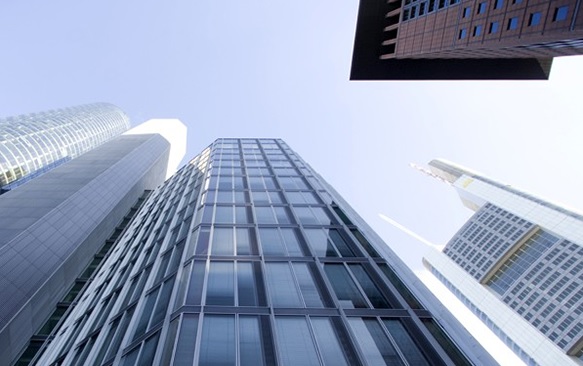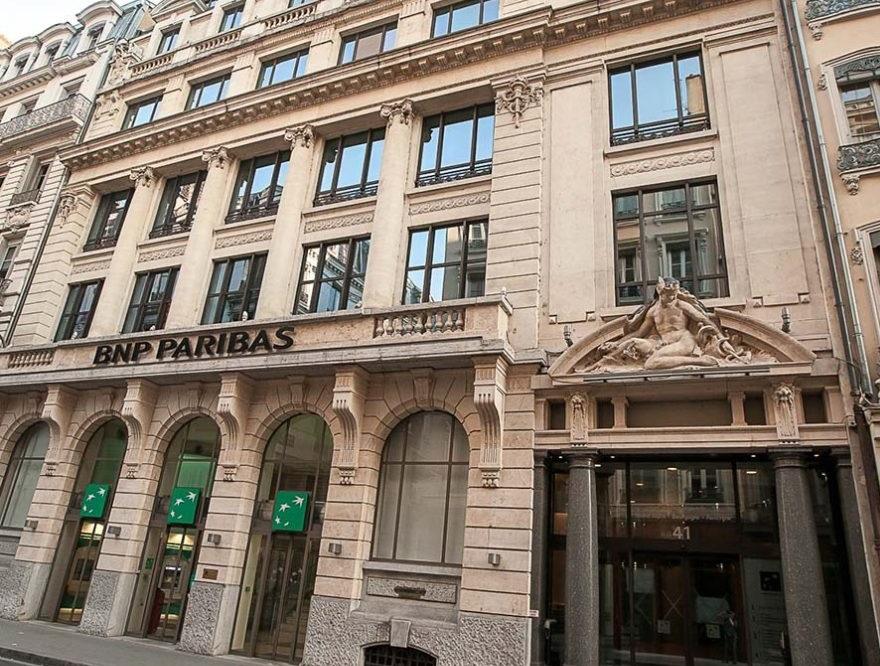Lyxor Moves to Physical Replication in Fixed Income ESG ETFs, Directly Investing In Sustainable Securities
Lyxor Asset Management announced today that it has switched its investment methodology to physical replication for its Euro and USD investment grade corporate credit ETF range, meaning that each ETF will track its index by directly buying the underlying securities, rather than synthetically replicating the performance of the index.
Lyxor said that it has switched three of its ETFs including the Lyxor ESG Euro Corporate Bond (DR), Lyxor ESG USD Corporate Bond (DR) and Lyxor ESG Euro Corporate Bond Ex Financials (DR) UCITS ETFs. Investors in these ETFs will now be directly investing in securities issued by companies meeting the ESG characteristics defined by their underlying indices. The ETFs track the Bloomberg Barclays MSCI SRI Sustainable indices, which invest in issuers with an MSCI ESG rating of BBB and above, and apply exclusions for companies that generate 5% or more of their revenues from business activities related to thermal coal, unconventional oil and gas, arctic gas and arctic oil, among others.
Lyxor stated that the move reaffirms the firm’s commitment to strengthening the ESG aspects of its range in order to meet the growth in demand for sustainable fixed income investments. The company noted the significant momentum in demand for ESG investments, with ESG ETF flows representing more than half of total cumulative ETFs flows in 2020, and in particular the growth in fixed income sustainable investing, with fixed income ESG ETF flows more than doubling during the year.
Philippe Baché, Head of Fixed Income ETFs at Lyxor Asset Management, said:
“Investors are increasingly looking for simple, transparent and competitive fixed income exposures which integrate ESG considerations. The changes we’re making to our credit ETFs, now and in the future, allied to our world-leading green bond ETF, are designed to help them build more sustainable fixed income portfolios capable of accelerating the transition to a low carbon economy.”





